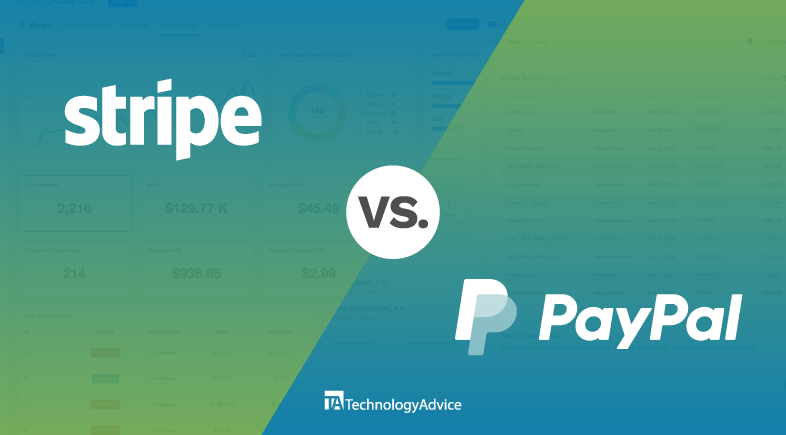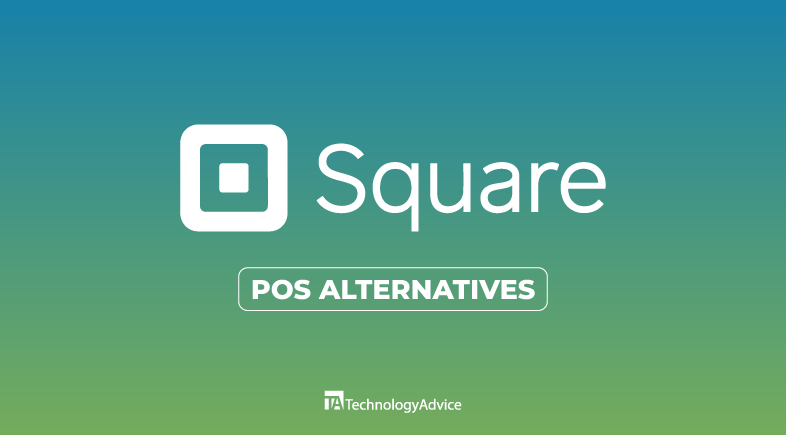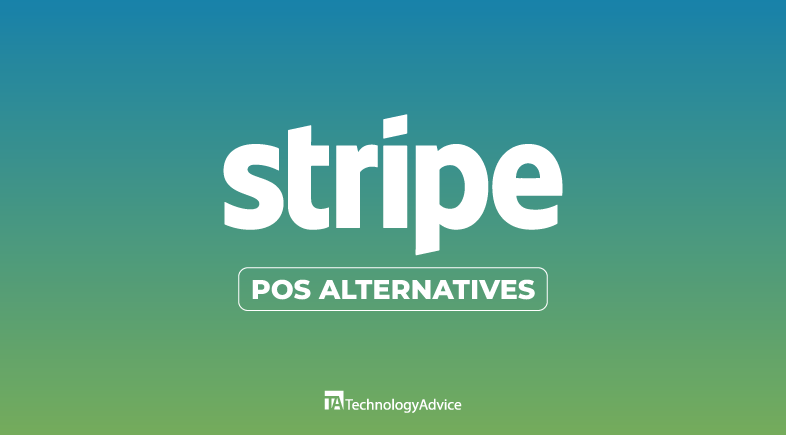Customer relationship management (CRM) software is a powerful tool for businesses of all sizes to manage and track interactions with potential customers while maintaining healthy, long-term relationships with existing clients. A CRM system organizes relevant customer data, such as contact information, communication preferences, and interaction history, in a centralized hub that can be easily accessed by managers and team members as needed.
What is CRM?
While a CRM system has much to offer marketing and service teams, it is primarily designed to improve communication between salespeople and their clients. When using a CRM system, prospective leads are identified and contacted by salespeople through personalized email campaigns, where team members can tailor their messages to match a lead’s preferences and behaviors. These actions build rapport and increase the likelihood of customer conversion.
CRM systems can also automate specific tasks so that leads receive prompt replies and follow-up messages. Knowing what stage a customer is in within the company sales pipeline allows salespeople to give their clients what they need when they need it, leveraging CRM.
Current clients already have a reason to purchase your product or pay for your service. Since these repeat customers are locked in, a CRM adds value by maintaining clear communication channels, regularly updating clients on progress, and offering them more personalized solutions. This leads to increased customer retention and revenue growth.
Ensuring that a customer continues to use your company’s product or service is predicated on several factors, including collecting customer data and using that data to predict customer behavior. This ensures that those clients remain satisfied and loyal to your brand.
Read more: How Does CRM Help Sales? A Complete Guide
Why CRM is important for your business
A CRM system is essential for your business because it centralizes customer data, making it easier to manage and analyze interactions with potential and existing clients. By tracking emails, calls, purchases, and customer service inquiries, CRM analytics allows you to maintain a comprehensive view of your customers’ behavior.
This data assists with personalizing communication and ensuring that customers feel valued, boosting customer retention. It also improves internal efficiency by automating repetitive tasks and giving team members immediate access to crucial information.
CRM data can help identify sales trends and customer preferences, providing actionable insights for strategic decision-making. By analyzing patterns in customer interactions and sales cycles, you can better forecast demand, prioritize leads, and optimize marketing efforts. This targeted approach can increase sales and customer satisfaction while also giving your business a competitive edge by ensuring you are always aware of evolving customer needs and how to respond promptly.
Read more: CRM Types: Which CRM is Right for You?
Benefits of CRM software
Using a CRM system benefits your business, starting with better customer relationships. Storing all customer information in a single hub makes tracking preferences, interactions, and purchases more manageable. This helps personalize communication, offer the right products or services, and quickly address customer concerns. Tracking every interaction also lets you keep up with leads and reduce customer churn.
Another benefit is better teamwork across your business landscape. With everyone accessing the same customer data, sales, marketing, and service teams can work together more cohesively. Sales can track leads, marketing can target campaigns, and service can easily handle inquiries. This coordination boosts efficiency and reduces errors.
CRMs also offer useful analytics and reports that guide business decisions. You can see detailed insights into customer behavior, sales trends, and market patterns. A CRM also plays a pivotal role in planning and using resources more effectively, ultimately boosting productivity and increasing profits.
Read more: How to Use CRM for Business
CRM software cost and pricing
CRM software costs vary based on business size, features, and whether cloud-based or on-premise. Small to medium-sized businesses usually prefer cloud-based CRMs due to lower upfront costs and subscription models ranging from $12 to $150 per user per month. Basic plans cover essential functions like contact management and sales tracking, while advanced features like marketing automation and analytics cost more. Some providers offer free trials or limited versions to try before purchasing.
CRM costs can be much higher for larger businesses or those needing custom solutions. On-premise systems often require a one-time fee ranging from $500 to over $5,000 per user, plus additional costs for servers, IT support, and maintenance. Extra expenses may also come from add-ons, premium support, and integrations. Cloud-based options typically have a lower total cost over time due to flexible, scalable pricing.
Read more: Best CRM for Small Business 2024
Choosing the right CRM software for your business
To choose the correct CRM software for your business, identify your needs. Consider your business size and whether the CRM can grow with you. Based on your budget and resources, compare cloud-based and on-premise options. You should also look for an easy-to-use system that integrates well with your current tools.
Check the pricing, customer support, and customization options to ensure the software fits your requirements. Always take full advantage of free trials or demos, as they can help you determine if a CRM is a good match before committing to purchasing the software.





